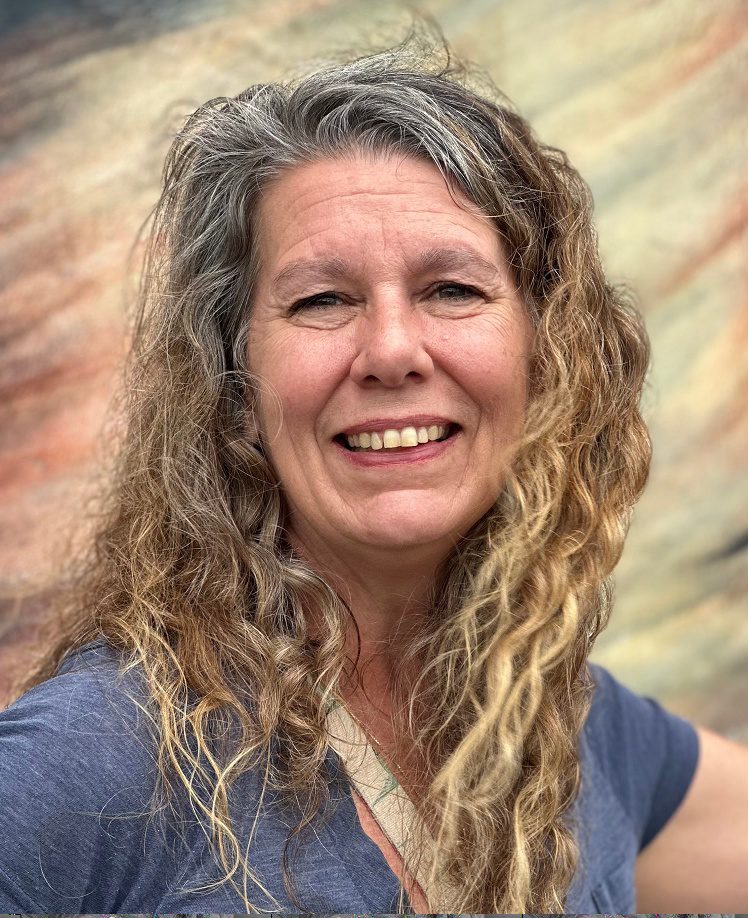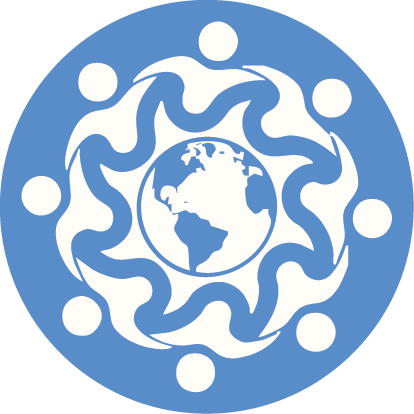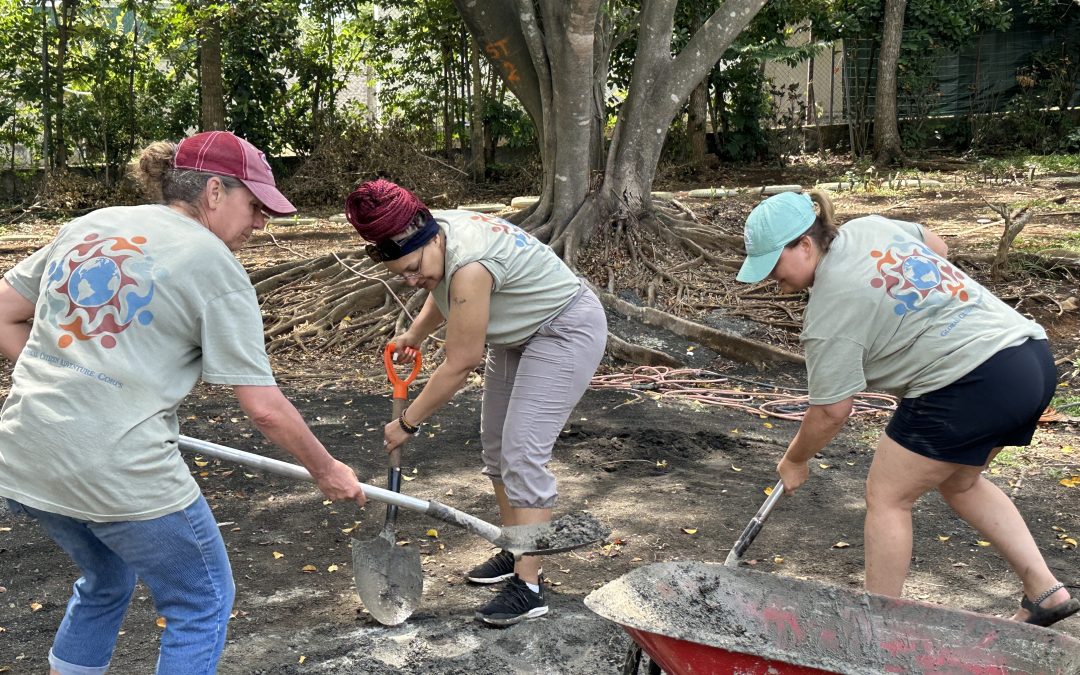Working as a literacy tutor by day and a student of ministry and social justice by night, Christine Fox understands completely why a nonprofit offering scholarships for travel service learning can be life-changing. As a member of the Global Citizen Adventure Corps board, she’s committed to ensuring students from economically-disadvantaged areas don’t have to forfeit transformative experiences due to finances.

Though she’s called Memphis home for 26 years, her father’s Air Force career meant she, her two younger siblings and mom followed or waited for his return from an overseas assignment at bases near Little Rock, Kalamazoo, Lompoc, Wichita Falls, Olustee, Honolulu, Augusta, Sumter and even Bicester, England.
“Growing up the oldest of three children in an Air Force family, I have been blessed to experience a relatively wide variety of cultures, people, and places, and, I must admit, for many years I took many of my travel experiences for granted,” she explained. “My involvement with Global Citizen Adventure Corps has helped me to discern the position of privilege that allowed me this childhood experience, to understand the advantages that my background as a world traveler has afforded me, and to recognize the importance of providing international service learning opportunities to students whose parents or communities may not be able to do so.”
Fox is also a lifelong learner. In the middle of her third decade of an IT career, the pandemic generated a restlessness and a growing curiosity regarding spiritual matters. She then enrolled in Memphis Theological Seminary, a sister school to Bethel University, GCAC’s academic partner. And that’s how she discovered GCAC was a ready-made response to her belief in the power of travel, education, and service.
“Exposing students to different cultures and geographies opens their minds to possibilities in ways that no textbook, video, or even virtual learning, can match,” she noted. “Travel empowers students to create new solutions using tools of imagination and curiosity; tools that simply are not available to many students who live in poverty. GCAC gives these young people opportunities to develop a sense of agency, encouraging individuals to actively participate in addressing real global challenges and fostering a sense of shared responsibility for the well-being of the planet and its inhabitants.”
Fox’s first trip with GCAC happened during her second semester at the seminary in 2022. Colombia was the destination. She then followed up with GCAC’s fall Costa Rica program and returned there in 2023 with several of her connections from MTS as her fellow companions.
In Colombia she was struck by the difference in atmosphere at the school where she and her fellow travelers helped teach English in comparison to what she had seen in the U.S.
“The whole feeling at the school in Colombia is so different,” she recalled. “There were no teachers blowing whistles, no guards in the halls, in fact, there were no halls as students moved from class to class in the open air of the campus. Kids are curious and less guarded, and I walked away thinking, ‘Wow, why can’t we have that?’”
Recognizing the openness of the setting as a metaphor for the openness of the kids’ hearts and minds, she was eager to share the experience with others. So, she helped recruit a multi-generational, multi-cultural team for GCAC’s 2023 program in Costa Rica. The group did extensive improvements to an animal rescue center that underscores sustainability by using trash to build habitat walls and painted old tires to form colorful walkways throughout the facility.
“That Costa Rica group was a dream group with its diversity in age, skin color, and cultural background – it was magic,” she recounted. “Upon returning, we’ve stayed engaged, and we continue to marvel at the lessons we learned from our service work there.”
Fox says that one of the things she values is that all the GCAC programs contribute to sustainable and inclusive solutions by working directly with communities to address their specific needs. Participants work collaboratively with community members, learning new ways to resolve issues and communicate effectively.
“The confidence and insight gained through participation in a GCAC program are qualities that can not only help propel students out of poverty, they can empower students to play more active roles in their communities,” she said.
Currently focused on completing her degree and pursuing a career in social justice ministry, Fox is excited about her future and the coming days of GCAC.
“Perhaps now more than ever before, the development of compassionate and ethical global citizens and leaders is crucial to the survival of our planet. Communities around the world must establish and nurture relationships of care, trust, and responsibility with each other and our environment,” she concluded.

